Burst the bubble of hierarchical structure
Why a regulatory system that functions only in the wake of disasters is not a resilient one – by Dr Emma Gillett DC, CEO & Founder of SeaFeedback…
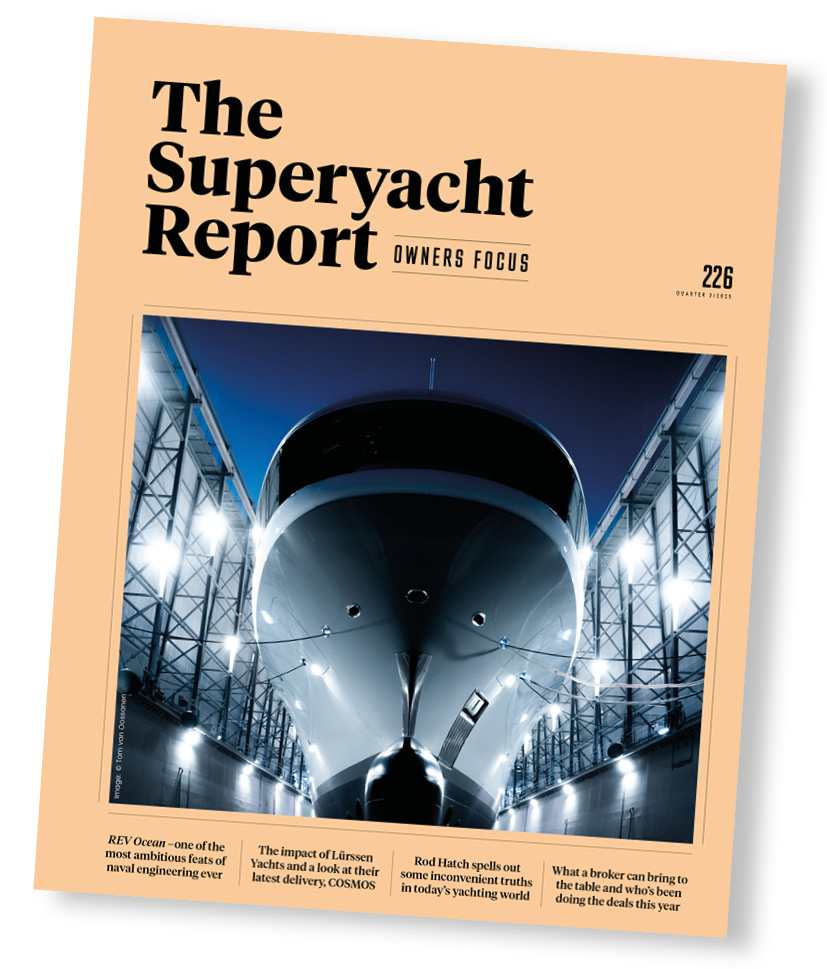
In the October Owners edition of The Superyacht Report an article was published from Capt Rod Hatch of the PYA that I believe is one of the most important articles we have seen for a while. It created a rapid and vociferous response from many online and many in person. It proved a valid point that those currently in seats at the system’s table were isolated within a bubble of hierarchical structure.
The system serves itself, not the industry and those who work within it. It highlights that we stand at a time where we can no longer claim restraint, which is actually inaction. We cannot downplay a moment that calls for massive effort in constructive reform.
Treating lived experienced innovators as noise is not just dismissive, it’s operationally dangerous.
Large multinational organisations are glacial in nature and response, as was accepted in the article. But stated with abundant clarity, any outside perspective or innovation was classed as “noise”, which is born of an inability to value those who have come to the industry bodies with lived experience, alternate perspective and innovation. This is isolated thinking. Treating lived experienced innovators as noise is not just dismissive, it’s operationally dangerous.
The industry’s next step is not to silence or simplify its critics and innovators, but to listen and build structures that make tragedy less likely, not just less discussed.
Background checks are only one facet of a broader discussion of where failure lies. Fragmented compliance, convoluted regulatory and legal pathways, weak reporting practices and opaque employment structures allow risk to persist unaddressed. Suggesting that current protections in SOLAS, STCW, ISM and MLC are adequate overlooks the gaps in reality and ignores documented failures.
Each of these instruments depends on diligent enforcement, and enforcement depends on data, transparency and a culture that prioritises safety over reputation. Yacht crew are not calling for reactionary overreach but for credible assurance that their welfare is not treated as an afterthought within a luxury ecosystem.
The call for greater accountability through verification, feedback, grievance support, psychological safety at work, and living conditions does not threaten the spirit of yachting. It strengthens it.
New realities require new tools: rotational patterns, manning models and crew demographics have all changed. Yacht sizes, complexity and operational tempo have changed considerably. Suggesting that solutions from the 1990s can address the challenges of 2025 is not pragmatism, it is complacency. Industry self-governance must evolve from legacy representation to active guardianship, supported by data and the experiential knowledge of crew at every level.
If a system cannot see risk, it cannot govern or prevent risk.
Within the article there was much focus on the lack of credible data available and that there was “no way of knowing”. Not only does this line draw the conclusion that we have little evidence gathered but that we are not interested in the evidence that could be gathered. If a system cannot see risk, it cannot govern or prevent risk. We do have some maritime industry data to know that much of the regulation around crew is flouted – and plenty of anecdotal evidence to back this data up. But we can do so much more with the new tools available.
The article described feedback technology in a way that does not reflect reality. Accurate representation matters, because mischaracterising safety tools undermines progress. To call out a feedback innovation as “nebulous” without ever having fully understood its remit and action is a sad state. This specific feedback can give us all the data we require when used correctly. It can see the well-functioning and secure vessels, it can see the beginnings of problems, it can witness the bad if it happens and all the while, it collates the data for corroboration. Its action is to allow a voice, to remove isolation, to gather data and to see individual vessels while gathering clean data for the entire industry. It is a professional tool for professional industry.
Reflective feedback is one of the most widely used tools ashore in professional settings.
Reflective feedback is one of the most widely used tools ashore in professional settings. It is a valid teaching and personal development aid, as well as being proactive in seeing the culture on board and corroborative for legal and regulatory compliance. All the areas where we lack, feedback impacts.
• Crew welfare systems remain inconsistent
• Reporting remains fragmented and threatened
• Enforcement of rest hours and other regulations is often nominal
• Many captains and crew still fear repercussions for escalating issues
• Crew still fear dismissal or blacklisting for raising concerns
• Many owners, to their credit, are hungry for better governance, leading to improved experience and more stable budgets.
We are not discussing complete overhaul, but responsible, modernised, transparent, data-informed safety management, fully aligned with IMO, ISM and MLC intent.
This industry thrives on excellence, in engineering, design and service. It should demand the same excellence in governance and human care. To “celebrate what we have” is important, but to ignore what is broken is fatal.
As an open-source platform we offer an industry-wide invitation to anyone and everyone in our sector to share their knowledge, experience and opinions. So if you have an interesting and valuable contribution to make, and would like to join our growing community of guest columnists, share your ideas with us at newsdesk@thesuperyachtgroup.com
NEW: Sign up for SuperyachtNewsweek!
Get the latest weekly news, in-depth reports, intelligence, and strategic insights, delivered directly from The Superyacht Group's editors and market analysts.
Stay at the forefront of the superyacht industry with SuperyachtNewsweek
Click here to become part of The Superyacht Group community, and join us in our mission to make this industry accessible to all, and prosperous for the long-term. We are offering access to the superyacht industry’s most comprehensive and longstanding archive of business-critical information, as well as a comprehensive, real-time superyacht fleet database, for just £10 per month, because we are One Industry with One Mission. Sign up here.
Related news
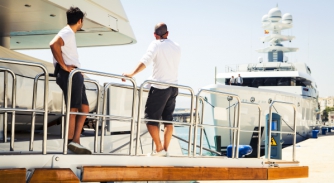
Gratuities and the legalities
A contributor who wishes to remain anonymous highlights how lack of clarity around the distribution of gratuities can have a serious impact on those servin
Opinion
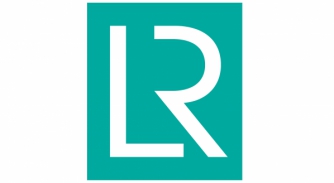
Yacht crew safety culture and well-being
Lloyd’s Register on why the industry needs to go beyond compliance and focus on human-centred safety.
Opinion
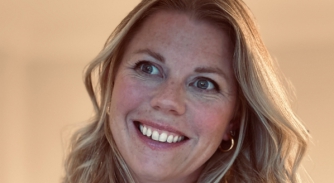
Crew spend their whole careers trying to come ashore … why I went the other way
Emily Beck, Director at The Build Purser, explains the vital role of purser and her decision to move from an onshore position to one at sea
Crew
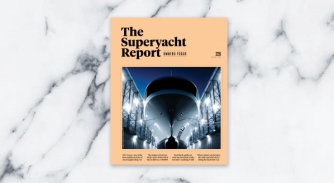
The Superyacht Report 226: Owners Focus – out now!
From Oceanco, the PYA to MYBA, read the inside stories of the leaders shaping the future of yachting. Read TSR 226: Owners Focus today
Opinion
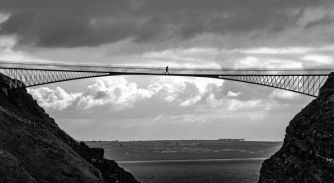
Bridging the gap: The human side of superyacht operations
Marianne Danissen at Camper & Nicholsons explains how knowledge sharing can help alleviate the demands of crew life while raising industry standards
Crew
Related news
Gratuities and the legalities
3 months ago
Yacht crew safety culture and well-being
4 months ago
The Superyacht Report 226: Owners Focus – out now!
5 months ago
NEW: Sign up for
SuperyachtNewsweek!
Get the latest weekly news, in-depth reports, intelligence, and strategic insights, delivered directly from The Superyacht Group's editors and market analysts.
Stay at the forefront of the superyacht industry with SuperyachtNewsweek



